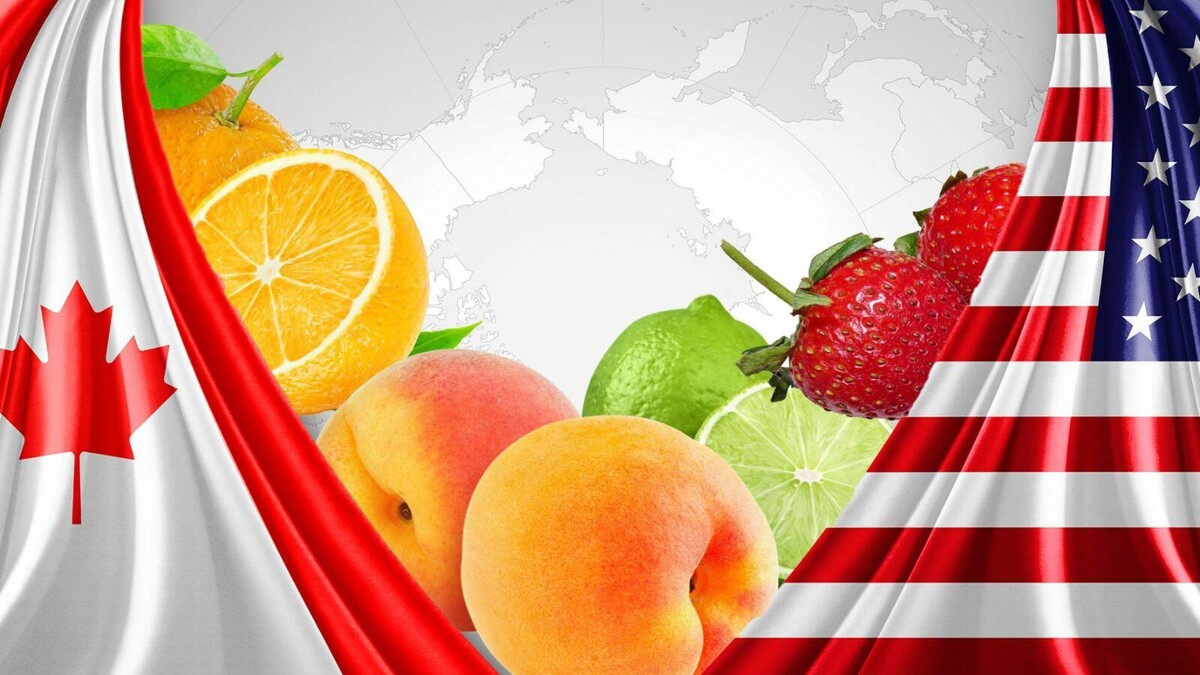
Canada exports about 3,000 piglets every week from two facilities near the border to Iowa and Minnesota, the top pig-producing states in the United States. Regarding food and product imports, Canada obtains 67% of its vegetables and 36% of its fruits from the United States, according to data from Canada Food Flows.
The trade war initiated by Donald Trump has caused chaos for farmers and food producers in both countries, creating complications in supply chains that have been interconnected for decades. The 25% tariffs imposed by the U.S. president on Canadian and Mexican products have led Canada to respond with its own 25% duties on products worth 30 billion Canadian dollars.
Although Trump has delayed the implementation of new tariffs, uncertainty persists regarding the possible reinstatement in April, including reciprocal tariffs and additional duties. Canadian farmers face the challenge of finding substitutes for U.S. demand, as Canada ships 76% of its exports to the U.S., while Americans rely much less on Canada for their imports.
Canada's retaliatory tariffs are already applied to U.S. agricultural products such as citrus fruits, peaches, and tomatoes. Canada's dependency on the U.S. for agricultural exports highlights the lack of diversification in its supply chains, forcing them to adapt to changes in regulations.
Trade between the two countries faces increased costs and shipping times if they seek to source from places other than the U.S. The agricultural supply chain between Canada and the U.S. is complex and deep, complicating the adaptation to fluctuations in trade rules.
The agricultural wholesaler in Montreal, George Pitsikoulis, imports fruits and vegetables from 46 countries, highlighting the challenges of finding substitutes for U.S. products in a scenario of constant regulatory changes.
Consumers supporting the "Buy Canadian Products" campaign face difficulties in replacing all the foods they desire due to the interconnectedness of supply chains between both countries. Canada's reliance on the U.S. for fresh fruits and vegetables underscores the complex logistical network that unites both nations.














